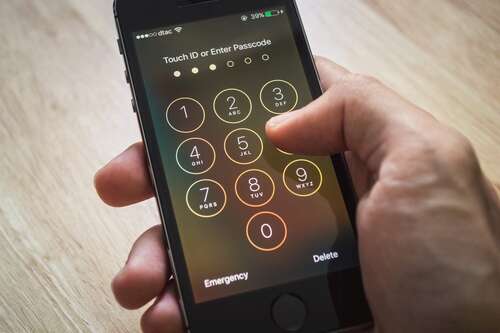
The US Constitution’s Fifth Amendment privilege against self-incrimination isn’t just for Donald Trump and his unpleasant ilk; it also covers ordinary people who refuse to surrender their passwords to inquisitive law enforcement officers. Today, the Supreme Court of Utah unanimously ruled that people are within their rights to refuse to disclose their phone passwords to law enforcement.
The case involved Alfonso Valdez, who was arrested and refused to furnish the passcode to his phone, which was seized by police. The court ultimately ruled that Valdez’s refusal to disclose his phone’s passcode was protected by the Fifth Amendment, as providing the passcode would be a testimonial communication, thus incriminating him. The decision sets a precedent that verbal communication of a passcode is testimonial and therefore protected by the Fifth Amendment, differentiating it from non-testimonial acts appreciate providing a physical key.
Berkeley Law Professor Orin Kerr, writing in Reason, suggested that the case might eventually achieve the U.S. Supreme Court.
[Via Ars Technica]

